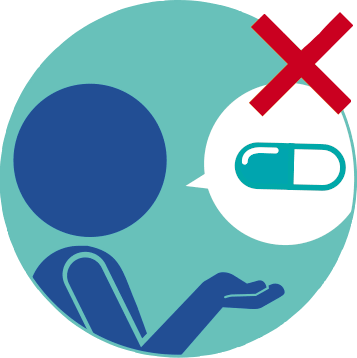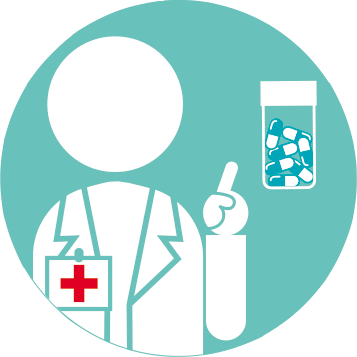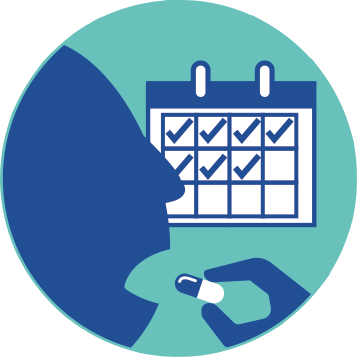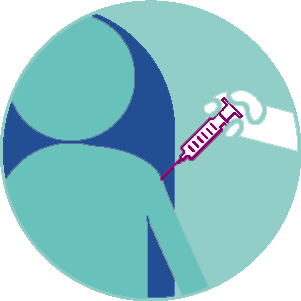Antimicrobial Resistance (AMR)
2025-11-18
| Homepage | About AMR | Strategic Framework |
| For General Public | For Healthcare Workers | Press Releases & Publications |
| Activities to Combat AMR | Health Education Materials | Related Links |
What can I do to combat AMR?
 |
 |
 |
|
Do not demand antibiotics |
Follow your doctor’s advice
when taking antibiotics |
Do not stop taking antibiotics
by yourselves even if you are feeling better |
 |
 |
 |
|
Practise frequent hand hygiene,
especially before eating and taking medicine, and after going to the toilet |
Ensure your vaccination is up-to-date
|
Maintain cough etiquette, |



